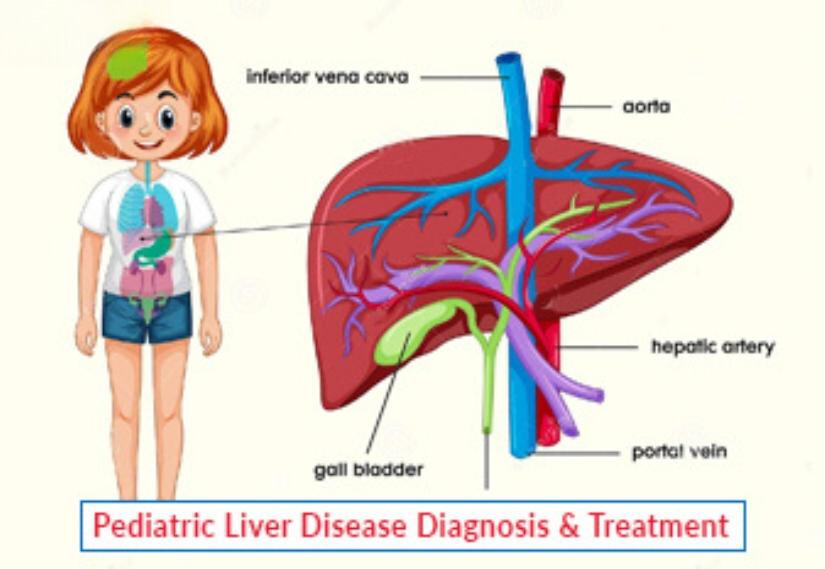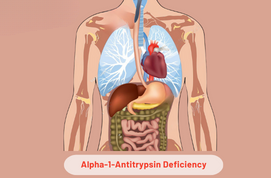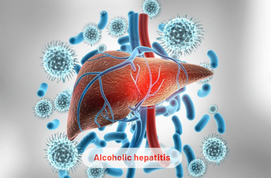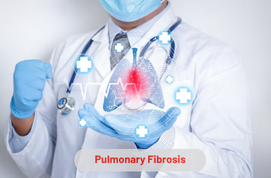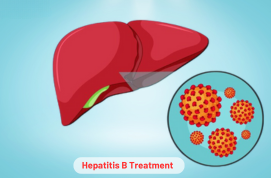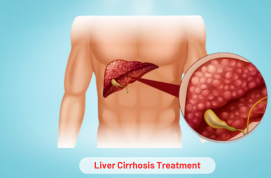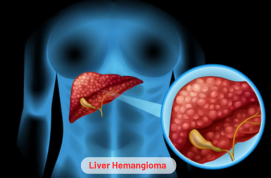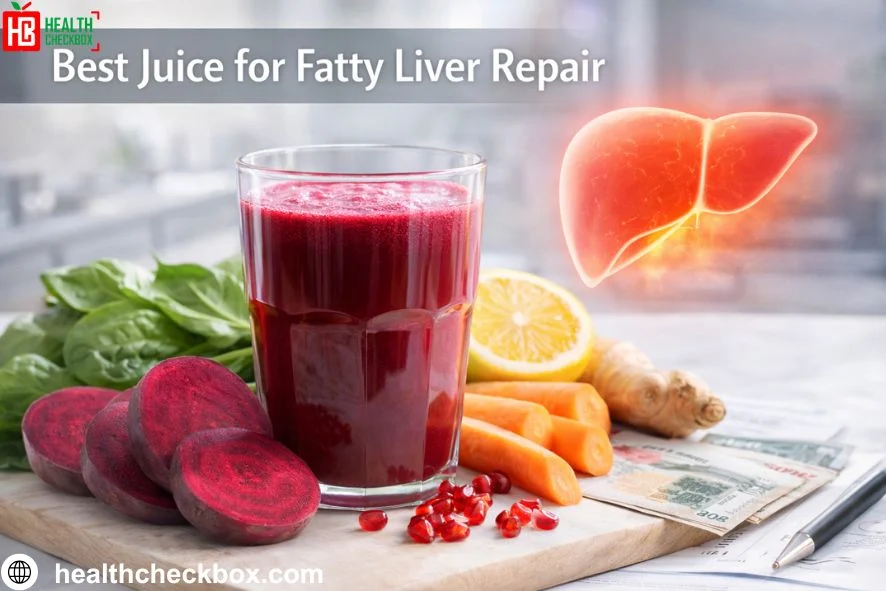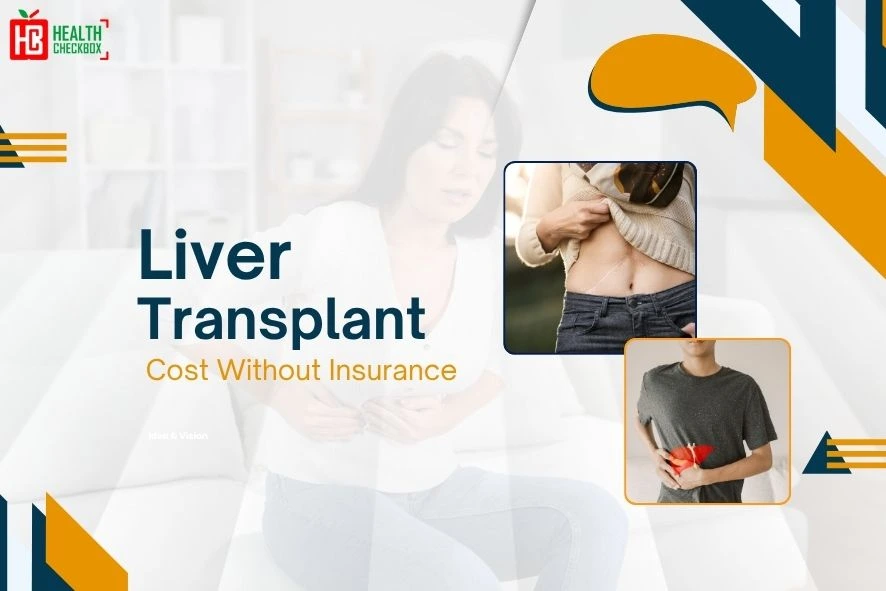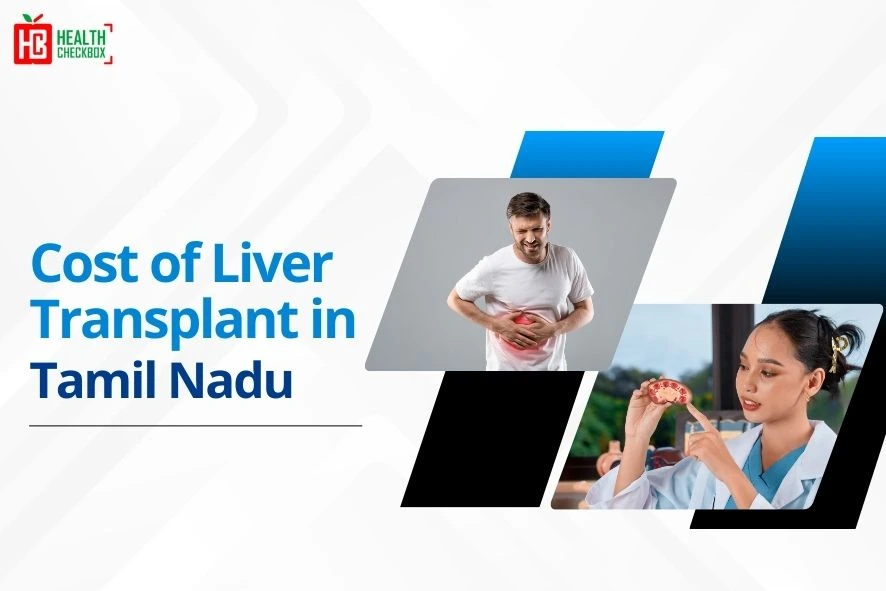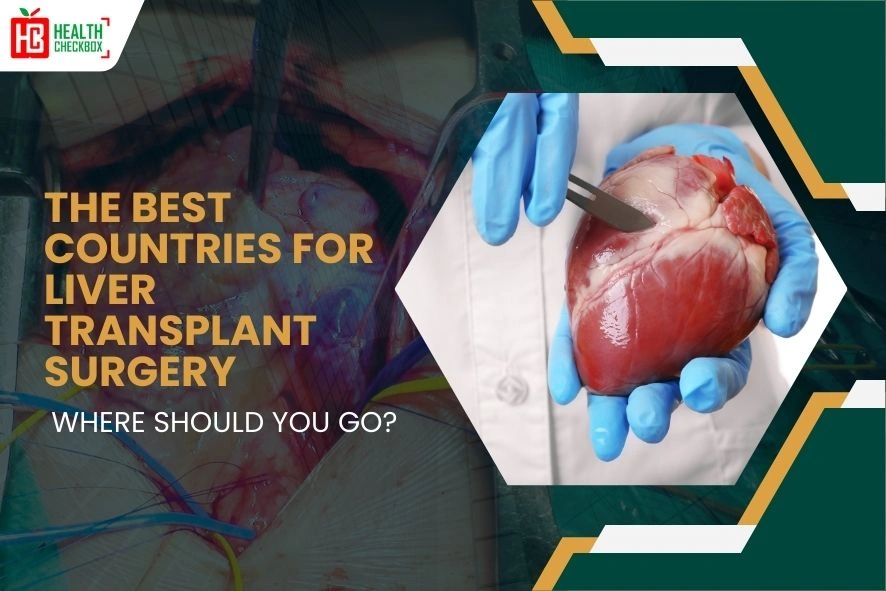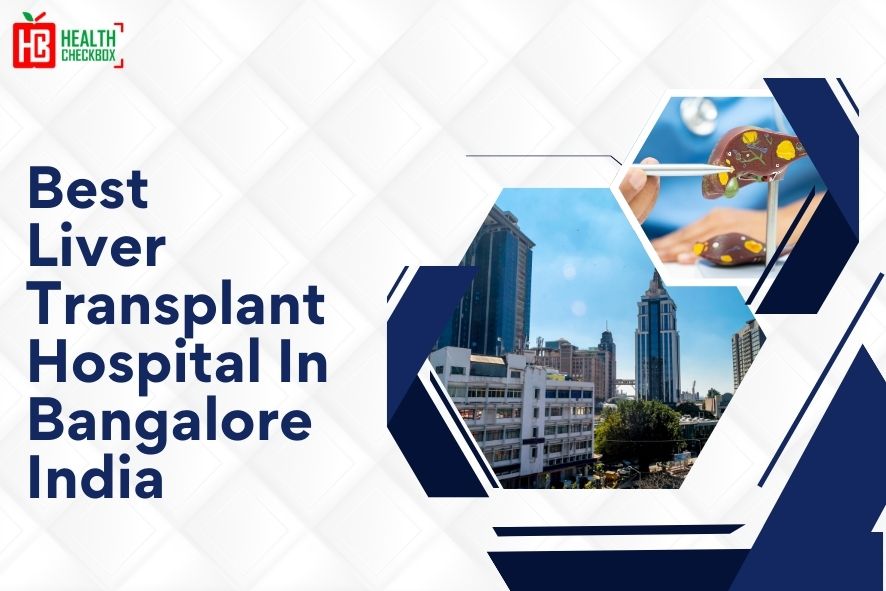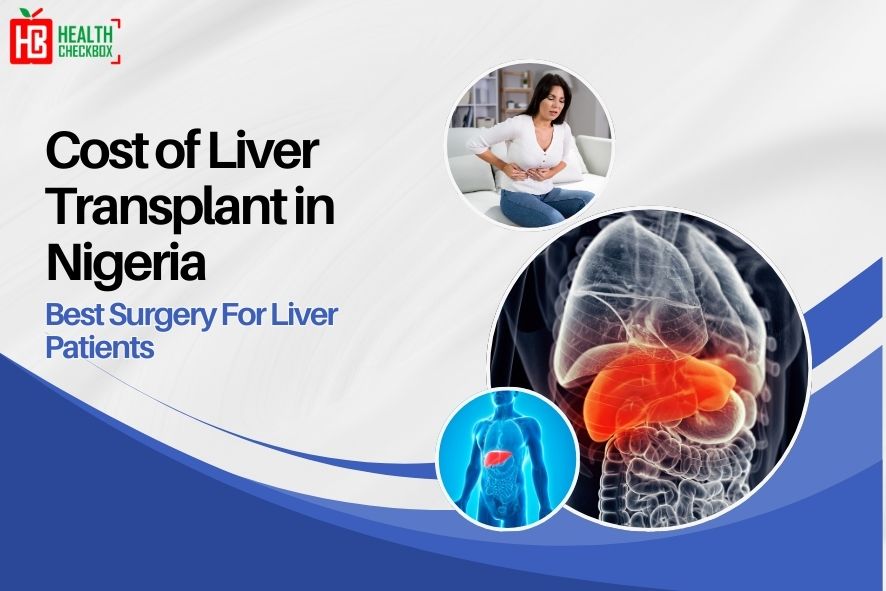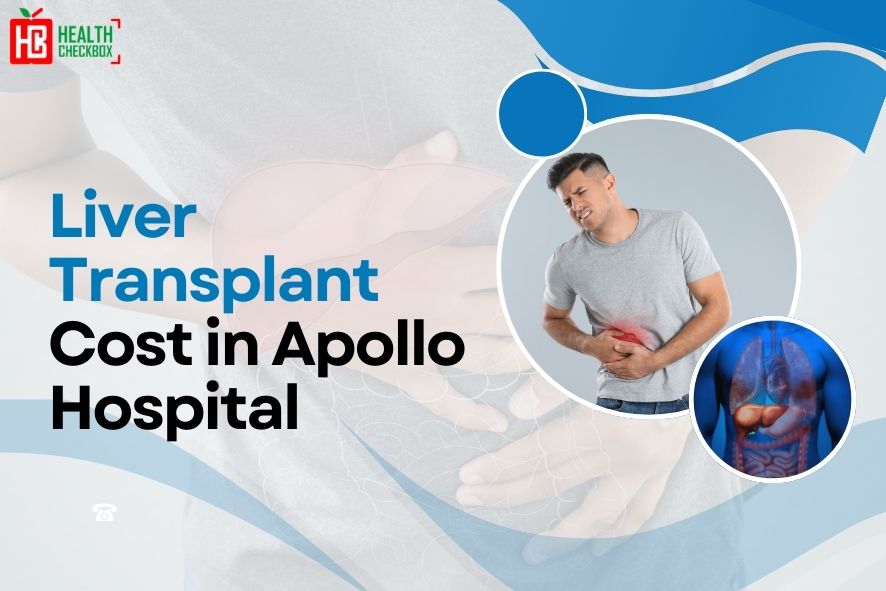The livers of young children may be impacted by pediatric liver disease health condition. Liver is the main organ that performs a number of activities, including nutrient deposit, detoxification, and metabolism. Serious liver problems in children suggest a plethora of disorders, some of which develop later in childhood and others of which are innate.
The course of treatment for liver disease in children varies according to the severity of the ailment. Liver transplant, medication, dietary modifications, and surgery are possible forms of treatment. To improve results and avoid complications, pediatric liver disease must be diagnosed and treated as soon as possible. A discipline of medicine by a gastroenterologist or hepatologist should be consulted by parents if their kid shows any liver illness symptoms.
What Is Childhood Liver Failure?
The largest part in the abdomen is the liver. It performs numerous vital tasks. Liver aids in food digestion. It produces proteins to support the body’s cells and tissues, stores and releases energy, and facilitates blood coagulation.
The failure of the liver occurs when it becomes so ill and damaged, or totally stops functioning. Liver failure is uncommon, but it can occur in youngsters as well. While many of them make a full recovery, others are very sick, and some might require a liver transplant to stay alive.
Pediatric Liver Disease Types
Here are mentioned different types of Pediatric Liver Disease:
1. Alagille Syndrome
- In newborns and young children, this hereditary condition mimics other liver illnesses.
2. Biliary atresia
- This disorder results in liver failure and injury when the bile ducts are either absent or clogged.
3. Hepatitis
- Contagious diseases like hepatitis A, B, and C can affect the liver in children.
4. Autoimmune hepatitis
- In these conditions the liver is attacked by the immune system, resulting in damage and inflammation.
5. Liver tumors
- Abnormal liver growths that may be uncontrollable or dangerous.
6. Wilson’s disease
- A type of inherited disease that causes copper to start in the liver, brain, and many other parts of an individual’s body.
Main Causes For Pediatric Liver Disease
Failure of the liver can be caused by several reasons. These are listed below:
- Problem with immune system.
- Heart issues can reduce the blood flow to the liver.
- Inherited conditions.
- Conditions such as bile duct disease can impact the liver.
- Liver failure or cancer can result from acute hepatitis B and C.
- A few of the viruses that can harm the liver.
Symptoms of Pediatric Liver
The signs of liver problems in kids can vary, which are based on several causes. The various indications are mentioned below:
- Jaundice
- Fatigue
- Loss of appetite
- Nausea and vomiting
- Abdominal pain
- Dark urine and pale stools
- Weight loss
- Itching
- Confusion
- Irritation
- Weakness
- Swollen abdomen
- Enlarged liver
Diagnosis
Following are the necessary tests to diagnose pediatric liver disease:
- Liver biopsy
- Liver function tests
- Ultrasound
- CT scan
- MRI scan
Treatment Procedure of Pediatric Liver Disease in India
1. Medications
- These totally depend on the type of liver disorder. Drugs are suggested to minimize symptoms, prevent complications, decrease inflammation and improve the immune system.
2. Nutritional support
- Kids with liver disorder may require change in their diet. The appropriate amount of calorie, protein, and micronutrient intakes to support liver function.
3. Surgical interventions
- Surgery may occasionally be required to address underlying anatomical problems or liver disease consequences.
4. Liver transplantation
- It may be considered in severe cases of liver disease. When the liver becomes damaged beyond repair, where multiple medicinal treatments are not working well. Then, it is replaced with a healthy liver which is obtained from a compatible donor.
5. Lifestyle changes
- This may include weight management, regular exercise, and dietary changes aimed at improving liver health.
6. Therapies
- Extra treatments to treat particular issues or symptoms, such as jaundice or fluid buildup.
Latest Health Tips
How to make the Liver Healthy | Best Practices
Best Juice for Fatty Liver Repair | Strengthen your Liver
Liver Transplant Cost Without Insurance
Cost of Liver Transplant in Tamil Nadu
The Best Countries for Liver Transplant Surgery: Where Should You Go?
Best Liver Transplant Hospital In Bangalore, India
Cost of Liver Transplant in Nigeria: Best Surgery For Liver Patients
Liver Transplant Cost in Apollo Hospital
Submit Your Enquiry
Testimonials








